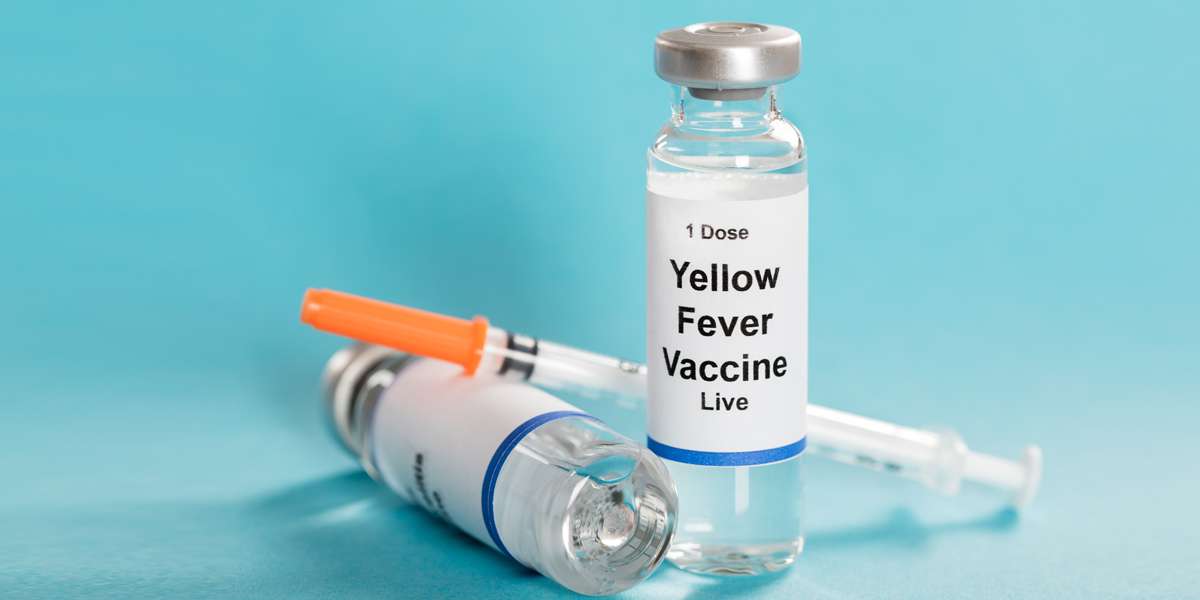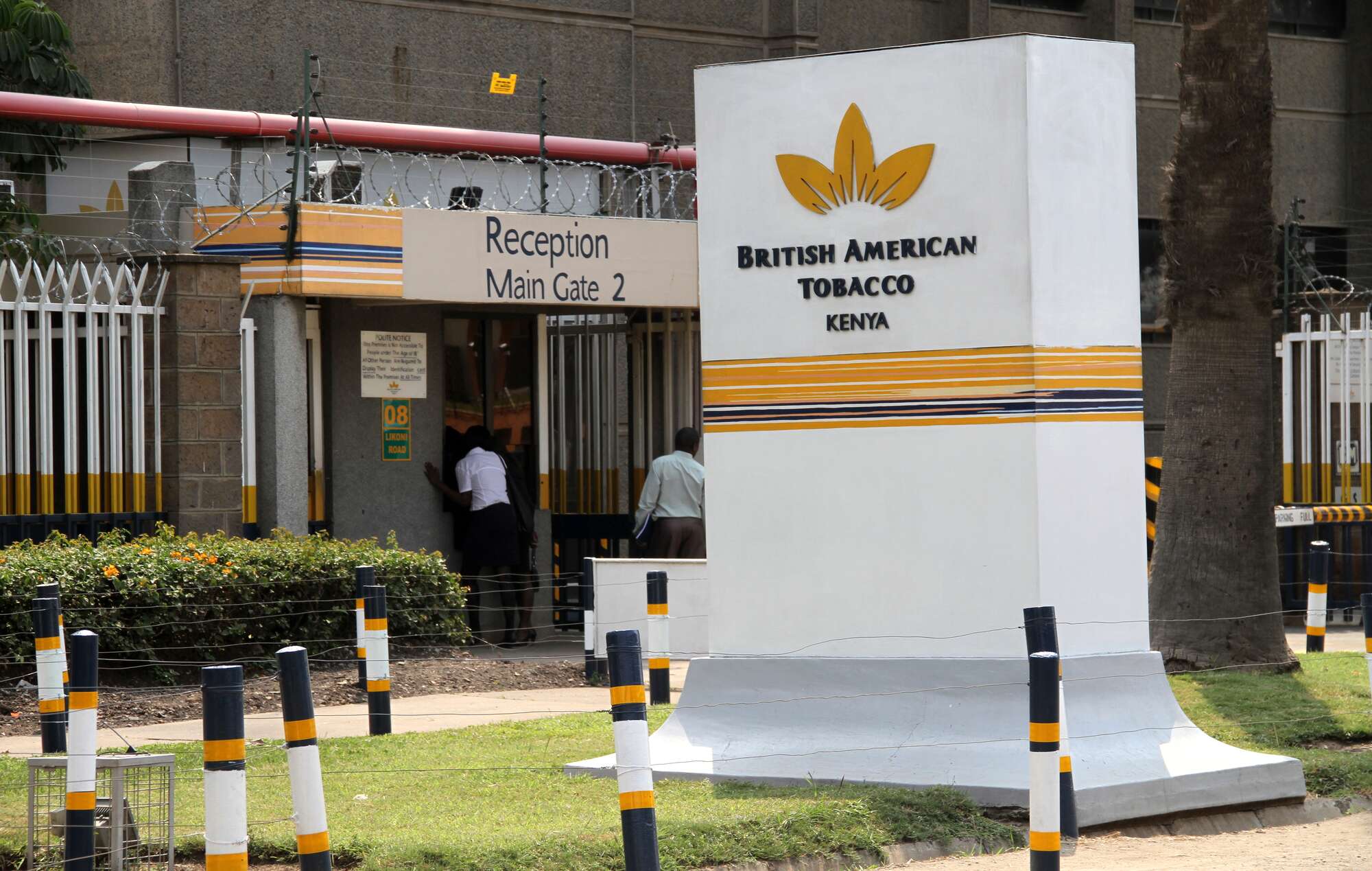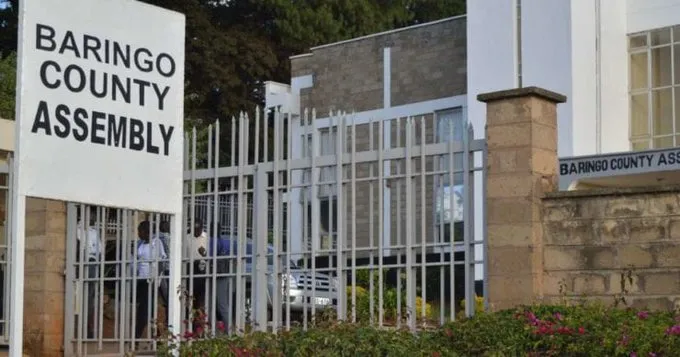By The Weekly Vision Reporter
The Inoculation Center at Nairobi’s City Hall has been a subject of concern for a while now. Former Governor Mike Sonko once pointed out the corrupt practices among health officials at the Centre who were giving travellers water instead of the essential yellow fever vaccine.
It has now come to light that procurement of the vital yellow fever vaccine was disregarded after the Auditor General uncovered a payment of Ksh. 11,445,000 that was made to a supplier for the delivery of the vaccines on March 22, 2023. The contracted supplier delivered vaccines partially by January 10, 2019, and issued a credit note and an invoice dated April 8, 2020, and April 14, 2020. No explanation was provided for the failure to deliver the vaccine in full as contracted, and no action was taken by city hall for non-performance by the supplier.
The County Executive received a total of 7,630 vaccines that were secured using a restricted tendering process without proper justification and in disregard of Section 102 of the Public Procurement and Asset Disposal Act, 2015. According to the report, the Tender Opening and Evaluation Committee Members were appointed on August 3, 2018, to undertake the duties of both the tender opening and evaluation committees. However, this appointment goes against the provisions outlined in Section 78 of the Public Procurement and Assets Disposal Act, 2015.
The tender was opened on August 6, 2018, by four members of the tender opening committee, who signed the tender opening register. However, the tender opening minutes attached in support of the payment were signed by the chairperson only as opposed to all members and were not initialized on each page as required in Section 78 of the Public Procurement and Asset Disposal Act, 2015.
It was also discovered that the vaccines were requisitioned by the officer in charge of the Inoculation Centre on July 18, 2018, through a requisition, which shows that the quantity required by the user department was 1,200 (10-dose vial) at an indicative price of Ksh. 10,450, resulting in a total expenditure of Ksh. 12,540,000. However, the awarded cost of Ksh. 18,000,000 significantly differs from the market price quoted on the requisition by 44% (Ksh. 5,460,000), which may be an indicator that the committee failed to conduct due diligence to ensure value for money on the procurement of vaccines, resulting in a possible loss of public funds.
It is also imperative to note that members of the inspection and acceptance team were appointed on November 1, 2018, three (3) months after the vaccines had been received in the stores, contrary to Section 44(2)(d) of the Public Procurement and Asset Disposal Act, 2015. Further, no approval was attached for the credit note approximately two (2) years after the award, and the inspection and acceptance report revealed that the committee conducted its function on April 24, 2020, twenty (20) months after delivery. Further, a physical inspection of the stores carried out on October 4, 2023, revealed that the vaccines were received at various dates and dispatched for use before the products were inspected and accepted, thus posing a risk of using medicines that have not been verified, hence exposing the citizens to unwarranted dangers.




